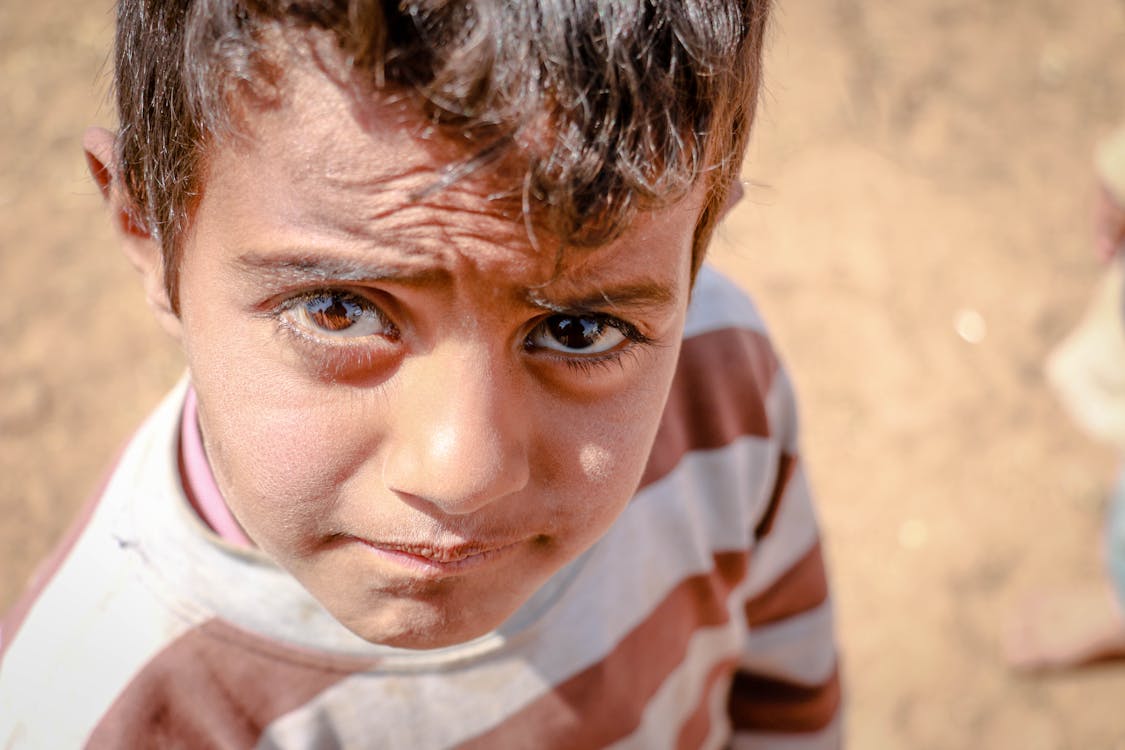September 10, 2024

As we move through 2024, climate change continues to wreak havoc on the world’s most vulnerable communities. Extreme weather events, from flooding in Europe to droughts in Africa, are not just disrupting daily life—they are pushing millions deeper into poverty and food in security. According to recent data, climate-induced food shortages are becoming increasingly common, particularly in low-income regions (UNNews).
The Relationship Between Climate Change and Hunger
The link between climate change and food security is becoming clearer every day. Droughts in East Africa and extreme heat waves in Asia have significantly reduced crop yields, making it harder for farmers to feed their communities(World Health Organization (WHO))(UNNews). For example, in Kenya, delayed rains have severely impacted agricultural production, leading to widespread hunger. These issues are worsened by floods and heatwaves in regions where resources are already scarce.
Who Is Affected Most?
Low-income communities and developing nations are disproportionately affected by climate change. In regions where agriculture is the primary livelihood, families find themselves in increasingly precarious situations as they contend with unpredictable weather patterns. In Africa alone, 58% of the population is now food insecure, with many unable to afford basic necessities (World Health Organization (WHO)).
Charity International’s Climate Resilience Programs
Charity International is on the front lines of the climate crisis. Our resilience projects focus on building long-term solutions for affected communities. We provide essential resources like drought-resistant crops, clean water initiatives, and disaster preparedness training to help mitigate the effects of climate change.
What Can You Do to Help?
Addressing climate change requires global action. By supporting climate resilience efforts through Charity International, you can help vulnerable populations adapt to a changing world. Donate today and contribute to sustainable solutions that protect the most at-risk communities.
References
● UN News: Hunger numbers stubbornly high for three consecutive years as global crises deepen (World Health Organization (WHO)).
● World Food Programme: The Impact of Climate on Global Hunger (UNNews).